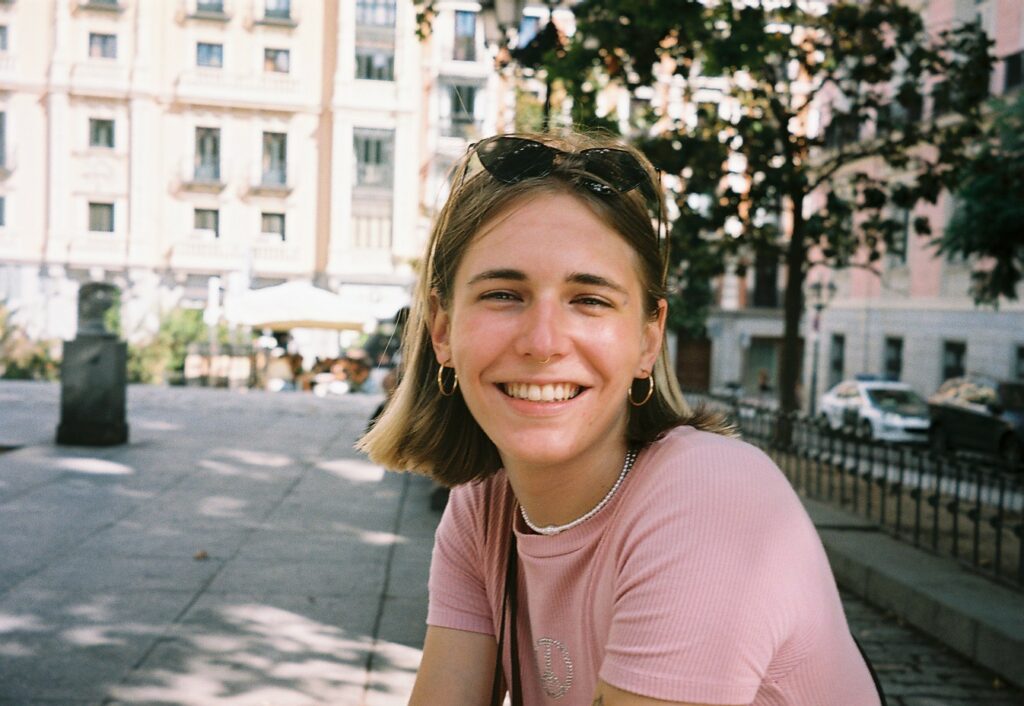Victoria Defraigne is a Brussels student that uses her free time to discuss trans topics on her Insta account. Gaining in visibility these last years, maybe you have seen her in the last ‘Happy Pride’ campaign or ‘Freally?’, the video collaboration she does with Amnesty International.
We’ve met with Victoria to discuss her work and views on queer topics.
Tell us a bit about yourself. What has been your journey?
My name is Victoria Defraigne. I am a 22 years old trans girl from Brussels. Born and raised as I like to say. I am also a bioengineering student at the ULB. During my studies, I’ve met a lot of interesting and open-minded people, who allowed me to fully accept myself as a trans girl. Before that, I was very quiet about the fact that I’m trans. I used to like keeping it to myself, not talking about it. However, becoming a quite visible student on campus, many people started talking about me, particularly because of my transidentity. It became a gossip topic, and a lot of people started referring to me as “the trans girl”, which got me angry for obvious reasons. I could not accept people treating me this way, talking about me like that. I could not let this happen, without doing anything. That’s how I turned my personal Instagram account into something drastically different. I was tired of “casually” posting pictures of me for no reason, so I decided to create and share informative posts regarding transidentities. Since then, I’ve learned so much, and I kept on improving the way I share what I want to say, how I want the world to change, for the better. When they see me in the city, many people come up to me to tell me how useful my account is, and how important my (free) work is. This is the real motivation that keeps me going. Because of course, this is not easy every day. Being this visible comes with a lot of downsides. But I think the positive sides outweigh the negative. Plus, I just cannot imagine stopping this activism.
What are your current or future projects?
Since I started my Instagram account a year and a half ago, I’ve had the opportunity to work with a lot of interesting people on so many different projects. The biggest one is a video series called “Freally?”, produced by Amnesty International. It is a series where we talk about different human-rights-related subjects in every video. It is very interesting for me to learn a bit more about so many different subjects every time, and I like this diversity in my work. I always try to be the most intersectional possible in my activism, and this series helps me a lot with that. Other than that, I can maybe share a bit of a scoop with you, I am writing a book at the moment. It will be published by the summer of ‘23, so there is still a bit of waiting time, but it’s an amazing opportunity for me to talk in-depth about some subjects that I feel are not in the spotlight enough. In the next year, I will also be helping a scenarist write a TV series about trans people, a really exciting project which I really hope will become reality someday soon.
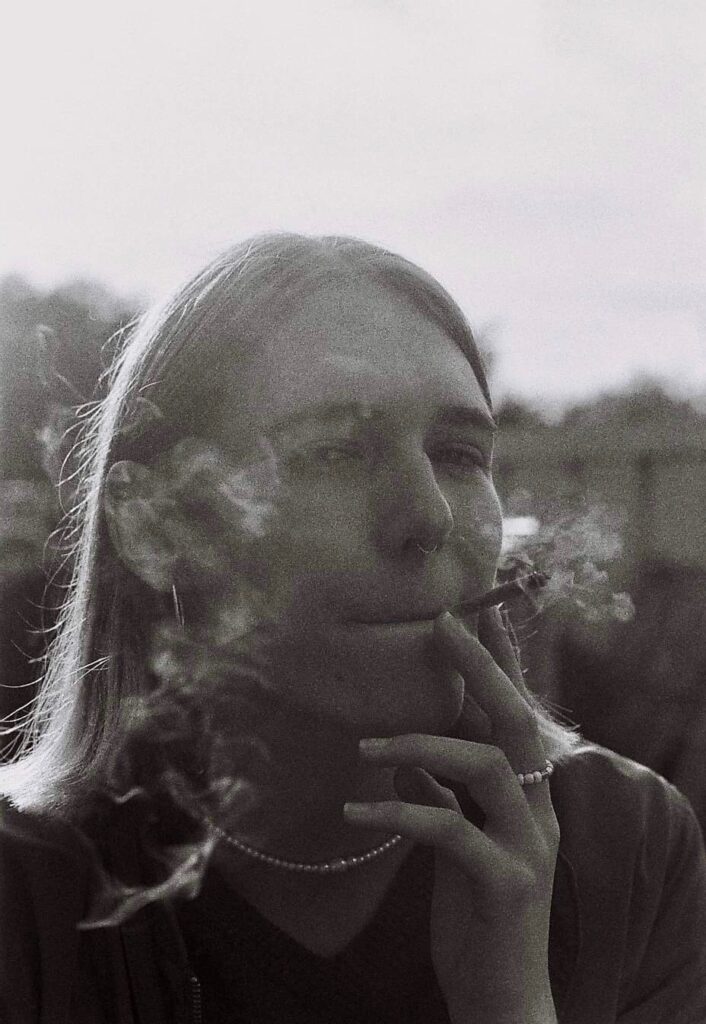
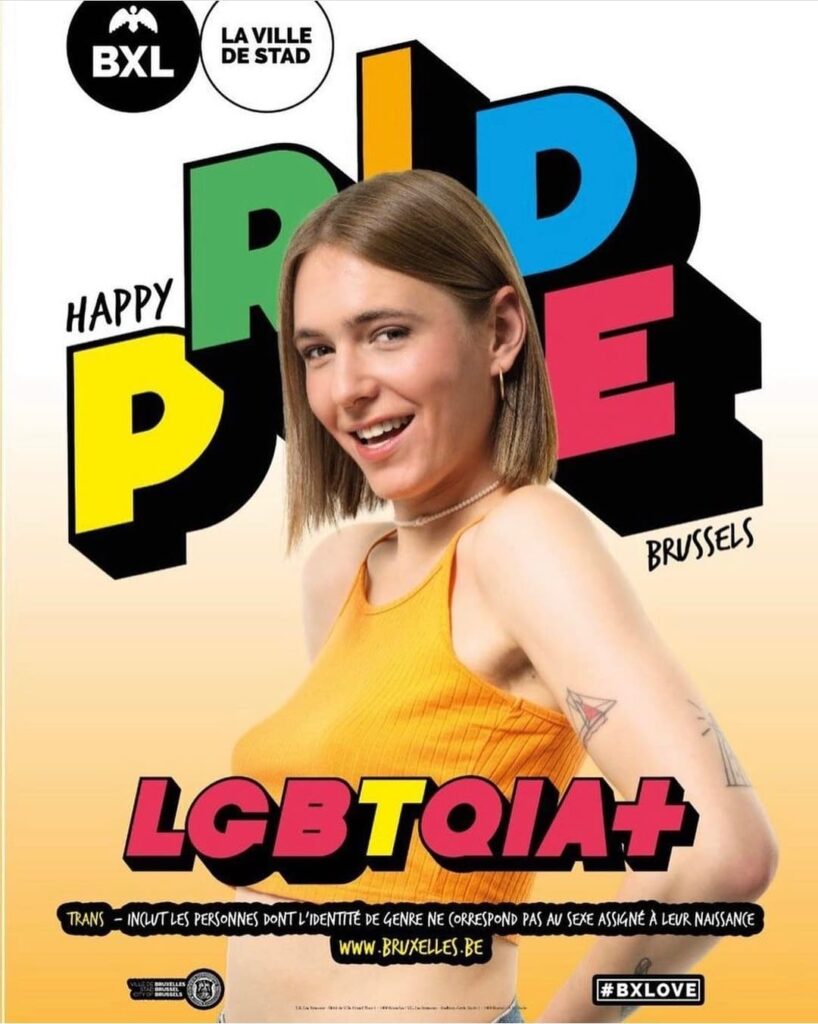
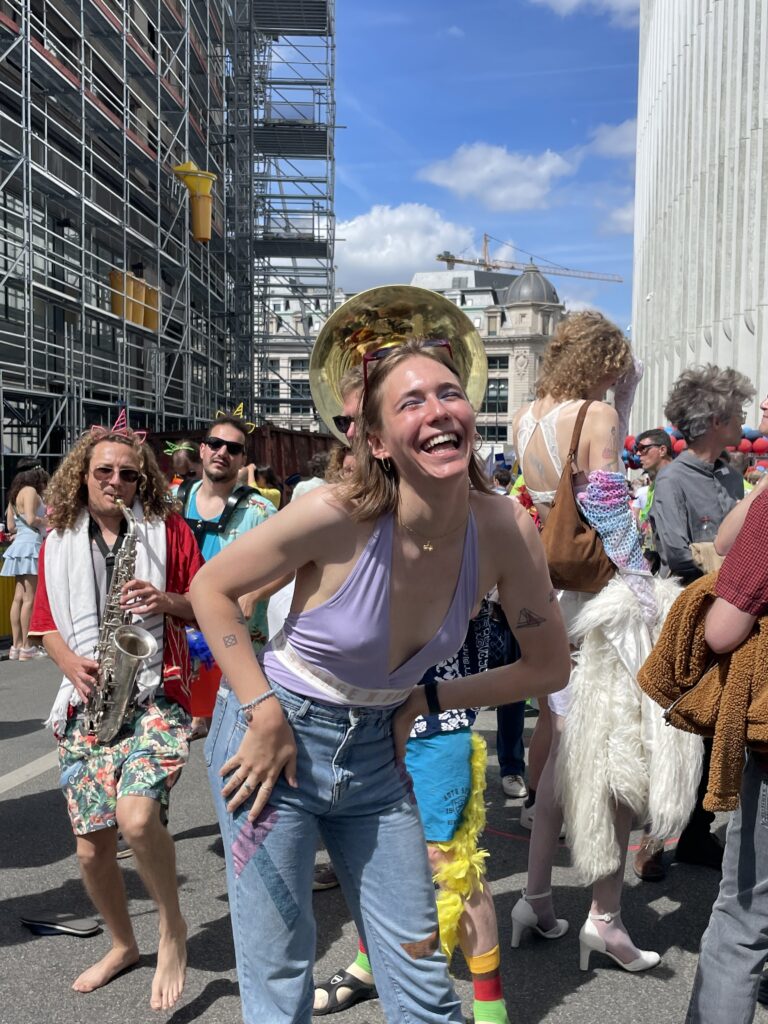
What does it mean to you to be a part of the Brussels queer community?
I’ve only recently started identifying with the term “queer”. It was a few months after starting my Instagram account, that a close friend of mine referred to me as “queer”. And that’s how I started to identify with the term. Like I said, before speaking about my transidentity on Instagram, I was very quiet about it. So I think the term “queer” was just not appropriate for me, back then. But now, of course, I absolutely identify myself as queer, as it has a very political meaning to me. Being queer is also about being visible in the world, and that’s just what I focus on. Being visible. Putting trans people in the spotlight. Tell the world that we exist, and you better start accepting us, because we are not going to shut up anytime soon.
To properly answer the question, being part of the Brussels queer community is still something very new for me. I feel like I still have to accommodate myself with it in a way. Also because I’ve suffered a lot in the community. In my debuts in the queer community, I’ve faced a lot of people who were not very informed on transidentites. This means that I’ve received a lot of hurtful words coming from queer people -particularly gay men- which disappointed me at first. And that’s why I think it is really important to distinguish the gay community from the queer community, just because being part of the LGBTQIA+ community does not mean that a person is fully aware of the violence that other queer people have to go through every day. Now I feel like I’ve managed to meet a better part of the Brussels queer community, and I could not be happier about it. I have finally found places and people who make me feel like I exist. I feel seen. I feel respected. And I could not be happier about it. Nightlife has played an extremely important role in finding all those amazing places and people, even if it can be a violent world where I meet a lot of queer-baiting people as we call them nowadays. But once again, the negative is nothing compared to all the positivity I found.
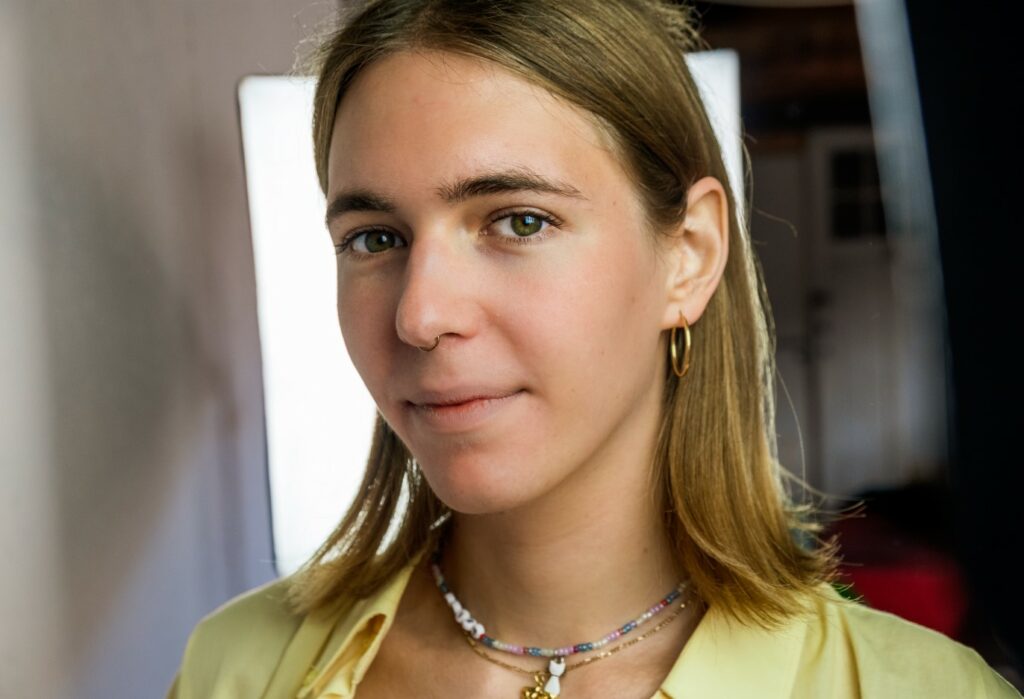
What are your queer influences?
I did not grow up with a lot of role models to be brutally honest. I never had someone to look up to nor to help me understand who I was or help me on the journey of finding myself. This is going to sound cheesy, but I think I am very “self-made”. Not in a corporate way of course. I realised that I was trans thanks to a few youtube videos, made by trans girls themselves, explaining how they realised they were trans. This was a liberation for me, finally understanding who I was after all those years of questioning my identity. A few years after I started transitioning, I finally started finding some queer influences on social networks, especially trans people sharing posts on Instagram on their transition and the violence they have to go through every day. Obviously they inspired me to do the same.
Since then, being a bit more “out and proud” as we say, I’ve met more and more queer people, whom I can call friends now, who influenced me and my perspective on what it means to be queer, which to me is a strong political identity.
What Brussels queer initiatives are you fond of?
I feel like Brussels is seeing more and more queer and feminist initiatives. Our city has a huge potential for more and I sincerely believe that it is going to explode with new ones in the next few years. The gallery “that’s what x said” was one of the first purely queer feminist and inclusive spaces I have met in the city. The art they promote is a form of activism. Changing mentalities through art is something I believe is very impactful and powerful. On a whole other part of the art spectrum is the C12, mainly focusing on being a techno music dance club while promoting a lot of queer and feminist initiatives. Even if they still have a few flaws, I believe C12 is one of the queerest places I found in Brussels so far. It is one of the first places in my life where I felt like I existed, and I was respected and acknowledged.
You may also like
-
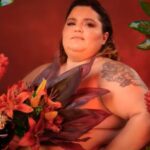
Barbara Butch: The Trailblazing DJ Who Turned the World’s Stage into a Celebration of Diversity
Meet Barbara Butch, the French DJ, activist, and cultural icon who’s been spinning more than
-
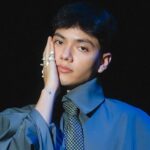
Interview with JJ, Eurovision 2025 Winner: “Live Each Day with Pride, Because We Are Unstoppable”
With his “pop opera”—as he defines his music—JJ brought victory to Austria at the recent
-
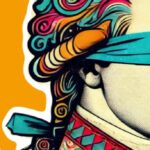
Midsummer Mozartiade: Celebrating Mozart and the Labyrinth of Love in Brussels
From June 17 to 22, the Midsummer Mozartiade festival returns to the heart of Brussels
-

Edy’s VERTIGO : Finding Truth Between Borders and Beats
” I was afraid to surrender,” says Edy Dinca, the Brussels-based queer artist behind the
-
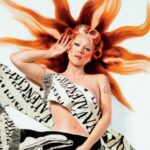
Valenciaga – Born form love, dressed in power
Brussels is well acquainted with queer creativity, but sometimes a voice emerges that leaves a

